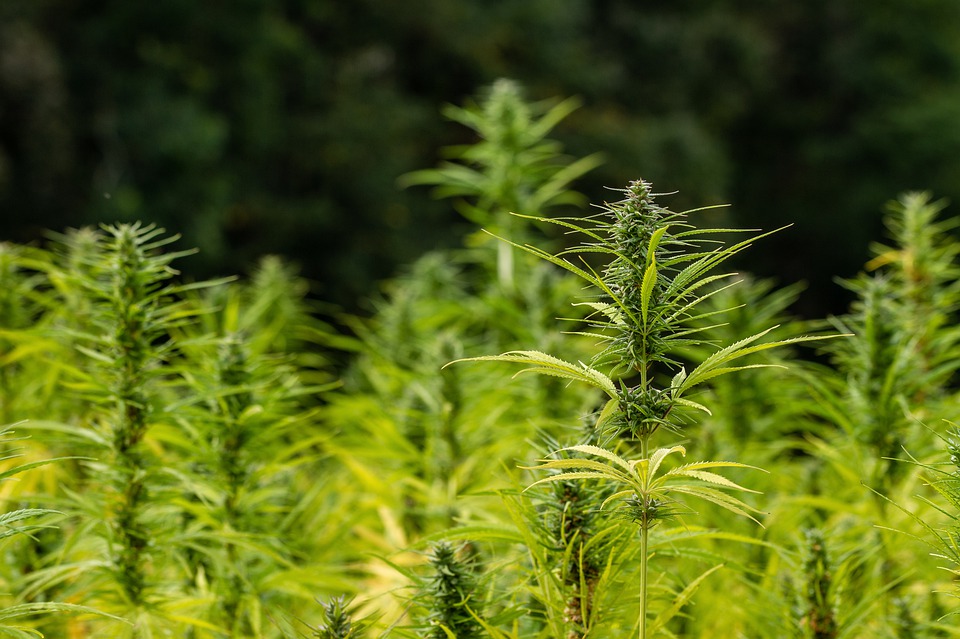The USDA has come under scrutiny recently over whether the agency withheld various climate change reports from the public. On September 19, 2019, Senate Democrats released a report (the DPCC report) citing more than 1,400 climate studies from USDA that the agency failed to publicize. According to the report, the USDA did not issue announcements or press releases on more than forty-five studies that were cleared by the Agricultural Research Service, a research agency within USDA that conducts research for the public. One of the most pressing reports included in these climate studies was a landmark study regarding how rising CO2 levels are causing nutrient loss in rice. A study like this has serious implications not only for farmers, but also for nutrition and food security. These reports could potentially help to mitigate the damaging effects of climate change. The Senate report raises serious concerns as to whether these studies were intentionally suppressed from the public.
The DPCC report situates USDA handling of climate data in the context of the Trump Administration’s broader approach to climate issues. For instance, the report also claims that the White House tried to suppress the fourth National Climate Assessment by releasing it late. Amid these concerns, there has been growing apprehension about USDA’s research and reporting capacity due to the relocation of its main research agency, causing the agency to lose up to eighty-percent of their Economic Research Service employees. (Note, ERS recently reported that climate change is projected to increase the cost of the Federal Crop Insurance Program.)
The studies noted in the DPCC report are not only necessary to better understand climate change, but to aid farmers and ensure food security. The suppressed reports contain vital information that affects the South’s agricultural region, and withholding this information makes it difficult for farmers to make necessary changes to mitigate climate change and adapt to its current and future impacts. Additionally, climate change has a disproportionate effect on rural and poor communities, meaning that the information suppression puts already vulnerable communities at greater risk.
In response to concerns over the Trump Administration’s approach to research, Democrats are pushing to enact the Scientific Integrity Act, which seeks to protect scientific information from political interference. Specific provisions in the proposed statute include the appointment of a scientific integrity officer at every federal agency that conducts scientific research to oversee the politics and requires covered agencies to enforce a scientific integrity policy. Additionally, the policy focuses on the scientific process and actions that may be taken by covered individuals. These actions of the covered individual/agency include how to deal with interview requests, personal statements, conflicts of interest, and biographical information. The Scientific Integrity Act is a way of regulating the scientific process and actions by covered individuals to avoid agencies from suppressing information.
As a response tailored to the issues raised in the DPCC report, the USDA Office of Inspector General, on October 22, 2019, announced plans to investigate these department wide issues. USDA OIG has said it will seek to determine whether there were any changes to policies and procedures within the department that might have impacted the release of these climate reports. The announcement followed letters from the Senate Democrats and U.S. Representative Chellie Pingree (D-ME) requesting that an investigation commence. The investigation is ongoing.


